
Navigating HR Priorities in 2024 with a Focus on Organisational Culture and Recruitment Excellence
Keely Straw, Manager of our HR recruitment team in Switzerland, posted a LinkedIn poll aligning with Gartner's identified trends for 2024 HR priorities. The results indicated that organisational culture is emerging as a primary focus in Switzerland, closely followed by leadership development.
Organisational culture serves as the bedrock of a company's identity, influencing its values, behaviours, and overall work environment. A strong and positive organisational culture is not only essential for employee satisfaction and retention, but also plays a pivotal role in attracting top-tier talent.
Recruitment, a pivotal element in constructing a thriving team, is intricately linked to organisational culture. Beyond seeking individuals with the right skills, the process involves identifying candidates who not only possess the required competencies, but also align with and flourish within the established cultural environment. A unified culture fosters shared values among employees, propelling them towards common goals and cultivating a harmonious workplace.
At EMEA Recruitment, we understand that the intricacies of organisational culture are paramount. By putting people at the heart of everything we do - going beyond matching resumes with job descriptions - we understand the unique cultural nuances that make a company tick, recognising that cultural fit is as vital as technical skills. We’re committed to finding candidates who seamlessly integrate into the existing work ethos.
Being tuned into organisational culture contributes significantly to a company's success. By acting as a strategic partner and listening, we can embody the shared values and vision of the organisation. This alignment fosters a more engaged and motivated workforce, ultimately leading to increased productivity and innovation.
In essence, the synergy between organisational culture and recruitment is a dynamic force that shapes the present and future success of a company. By partnering with a recruitment agency like EMEA Recruitment - the Bastion of People-First Recruitment - organisations can ensure they are not just hiring employees, but welcoming individuals who contribute positively to the collective identity and success of the company.
If you’d like to find out more about our specialist recruitment services, contact Keely.

The Work from Home Data is Coming In
Nick Bloom, a professor at Stanford University, has been confirming what a lot of our LinkedIn polls have been telling us for some time now: the corporate world appears to have settled into a “three work, two home” split of hybrid work.
He adds that employers commonly recommend that employees spend two days per week working from home, concentrating on individual tasks or attending small meetings, and allocate three days a week to be in the office for larger meetings, training sessions, and social events.
We now know that this flexibility has no effect (positive or negative) on staff productivity. However, it does impact employee costs – the average salary offset in offering hybrid work is 8%. Fully remote work is a different story. Here, we see a productivity loss of 10%.
So, why would companies tolerate this significant reduction?
Cost – there is no need to pay for a place for the person to work or provide any of the office equipment and amenities.
There are several other interesting observations from Nick’s work, but we are really interested in how this affects our clients and candidates.
Additionally, it's important to note that while there can be cost savings, there are also potential costs associated with supporting remote/hybrid work, such as investing in technology, cybersecurity measures, and employee training.
The overall impact can vary depending on the specific circumstances and industry. Prior to implementing hybrid policies, executives and managers should carefully consider the effects of when and how employees engage in remote work.
- How does working from home affect employees in your team?
- Do you work in an environment where you need more freedom, or you could benefit from more human contact?
If these questions are important to you, then get in touch – EMEA Recruitment is at the forefront of people-first recruitment, so we can help you understand the real-world implications of the decisions you make, as a client or a candidate, regarding this topic: [email protected]

The Value of the Handshake
Given we are in the people business here at EMEA Recruitment, it is no surprise that personal relationships and the development of our network is fundamental to everything we do. The best way to achieve this? Traditionally, it was to meet in person, spend quality time face-to-face, and build trust and rapport – but then 2020 happened!
The shift to Zoom, MS Teams, etc. has been articulated more times than we care to remember, and the consensus is that it has brought benefits and conveniences to the workplace that were otherwise unthought of.
But how invaluable is it to meet physically? How powerful is a handshake? Are we programmed to exclusively build deep, meaningful relationships in this way?
With the summer period at an end, we’ve seen an uptick in requests and willingness to connect again in person – whether it’s over a coffee, lunch, or simply an office meeting to visit our clients’ and candidates’ place of work to talk through their latest project or hiring needs. Time and again, we see that this approach solidifies relationships, allows a deeper understanding of any needs, and deeper conversations with added insights.
Yes, the online connection remains fundamental – it may even make up 90% of communications with our network – but taking that remaining 10% to a physical meeting, eyeballing your network, and shaking hands solidifies the relationship more than ever.
Also, if you are meeting people face-to-face for the first time, The Beckman Institute reports that, according to new neuroscience research, people who greeted with a handshake formed a better first impression than those who do not offer a handshake, and performing a handshake reduces the impact of possible misunderstandings during social interaction - something to keep in mind.
If you’d like to book a meeting – in person or face-to-face – with one of our Consultants, please get in touch with Neil, who manages our Procurement, Supply Chain & Operations recruitment team: [email protected]
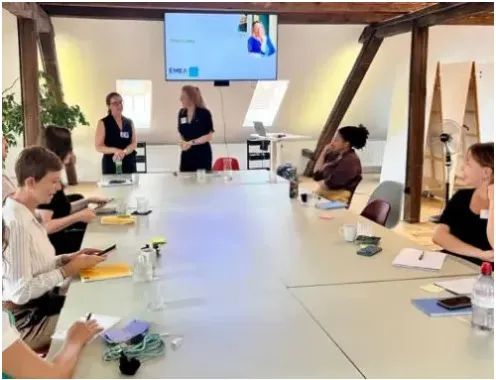
Embracing Neurodiversity in the Workplace
Last month, we held our second ED&I roundtable, Neurodiversity at Work: For Flourishing People and Organisations, in partnership with Joanna Williams, Founder of Flourish. Keely Straw, Manager of our HR team in Switzerland, reflects on the event...
The roundtable focused on:
WHAT is neurodiversity: in general and at work?
WHY does it matter?
HOW can neuroinclusive workplaces foster individual and organisational flourishing?
It was a very open and honest discussion that started with:
If you don’t understand the language someone is using, you can’t have a conversation.
That line resonated with me quite a lot, especially when considering one of our core values here at EMEA Recruitment – to listen.
It is also essential to understand how we, as a recruiter, can adapt our processes to ensure that we listen and understand those who are talking.
Recruiting neurodiverse talent and creating a neuroinclusive recruitment process is an important step towards building a diverse and inclusive workforce. Here are some tips to help you in this process:
Educate your team: Ensure that your HR team and hiring managers are educated about neurodiversity. Understanding different neurodiverse conditions, such as autism, ADHD, dyslexia, and others, is crucial to making informed decisions.
Remove bias: Implement processes and tools that help reduce bias in your hiring process. This includes using structured interviews, standardised assessments, and anonymised resume screening to focus on skills and qualifications, rather than personal characteristics.
Neurodiversity-friendly job descriptions: Craft job descriptions that are clear, concise, and free from overly complex language. Highlight the skills and competencies required for the role and avoid vague or subjective language.
Flexible application process: Consider offering alternative ways for candidates to apply, such as video submissions or skills assessments, in addition to traditional written resumes and cover letters. This can accommodate candidates with different communication styles and abilities.
Awareness training: Provide training to all staff involved in the recruitment process to increase awareness and understanding of neurodiversity. This can help create a more inclusive and supportive environment for candidates.
Accessible interview formats: Allow candidates to choose interview formats that suit their needs. Some neurodiverse candidates may perform better in written tests, while others may prefer in-person or video interviews. Flexibility is key.
Structured interviews: Use structured interviews with predetermined questions and evaluation criteria to ensure fairness and consistency in the assessment process. This reduces the likelihood of making decisions based on personal biases.
Feedback and communication: Provide constructive feedback to candidates, whether they are successful or not. This can help candidates improve their skills and feel valued in the process. Be clear and specific in your feedback.
Lead by example: Demonstrate your commitment to neuroinclusivity from the top down. When leadership actively promotes and supports neurodiversity initiatives, it sets the tone for the entire organisation.
Creating a neuroinclusive recruitment process is an ongoing effort that requires commitment and dedication.
EMEA Recruitment is embracing neurodiversity. We can help you tap into a pool of talented individuals who can bring unique perspectives and skills to your organisation.
I would be keen to hear your thoughts across the market and understand if you would be interested in future roundtable events, either dedicated to ED&I or broader HR topics.
In addition, I would welcome the opportunity to hear your thoughts on neurodiversity and how this compares with the general market consensus.
Please feel free to contact me directly to see how we can support you: [email protected]

How to Manage the Counteroffer
Companies are fully aware that we are in a candidate-driven market, with a shortage of good quality candidates to fill their hiring requirements.
As a result, businesses are trying to hold onto as many strong employees as possible, causing an increase in counteroffers.
Since the start of the year, the Finance & Accountancy market has seen employees being offered an uplift of €10,000-20,000 - in some cases over €25,000 - to stay with their current employer.
If you’re currently thinking about changing roles, you should expect to receive a counteroffer if you hand in your notice. Whether you’ve been working at your company for six months or several years, they will do more than ever before to keep you.
Prior to looking for a new role, here are some questions you should be asking yourself:
- On a scale of 1-5, how happy are you in your current role?
- What is the real reason for wanting to leave?
- What conversations can you have with your current employer?
What should you be thinking when the counteroffer arrives?
- Why is your employer only realising your value now?
- Will you be a trusted member of the team moving forward?
- What if you accept the counteroffer? What if you decline it?
But, most importantly, revisit these simple questions:
- On a scale of 1-5, how happy are you in your current role?
- What is the real reason for wanting to leave?
Always think about the real reason you are looking to approach the market in the first place.
Did you know that a high percentage of people who take a counteroffer re-approach the market within a few months?
Does being counteroffered actually make you feel good? Does it make you feel like a valued member of the company, or does it make you feel the opposite in reality?
Think about whether the counteroffer provides a genuine benefit to you or to the employer. For example, keeping you on board means they won’t have to train someone new, pay potential recruitment fees, etc.
If you’d like more advice on managing a counteroffer, either as a hiring manager or candidate, please get in touch with David Harper, Associate Director: [email protected]

The Importance of the Employee Experience
Katie Insley, Associate Director, explores the second quarter of the year and discusses the uplift in HR opportunities across the Netherlands.
There have of course been significant challenges in some industries, but many have reported growth plans, especially in the second half of the year.
We continue to be in a candidate-led market where the competition for talent is still significant. Businesses must place attention on their employee value proposition in a bid to keep their best people, ensuring they have a working culture and environment that responds to their employees' needs, such as hybrid/flexible working and employee wellbeing initiatives.
We also continue to see an investment in Compensation & Benefits functions, as rewarding employees in a competitive and attractive way remains a key tool to retain top talent.
A good number of organisations have gone through reorganisation activities, and - while this has led to decreases in some traditional HR roles - it has caused an increase in the positions more aligned to the future of HR and where it can add the most value to a business.
These have included roles focused on talent and HR intelligence, where businesses are looking for individuals who are great with data, but who can translate this information into meaningful stories that allow for better decision making.
A focus on HR technology continues, but through the lens of employee experience. How can a business have seamless processes enabled by tech that make an employee’s interactions with HR as easy as possible? This again requires a different skillset, where individuals must not only be great at system optimisation and process improvement but must be able to focus on the user experience, too.
If you’re interested in finding out more about the current recruitment landscape, please reach out to me at: [email protected]

EMEA podcasts
The EMEA Recruitment podcast welcomes guests from across our network and beyond to share their career journeys, advice, and inspirational stories.




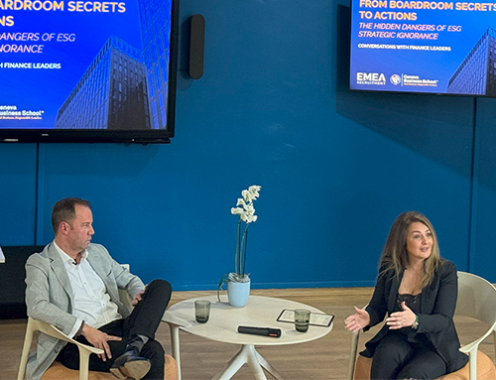
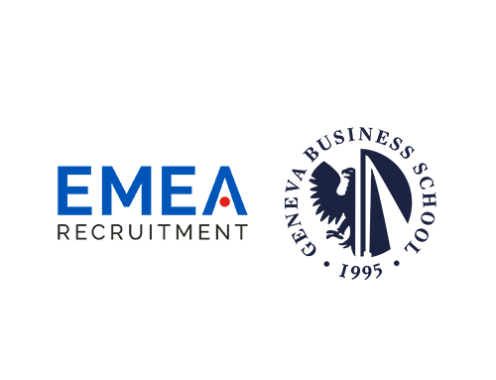
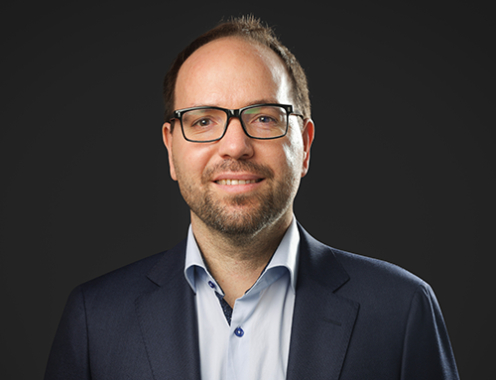
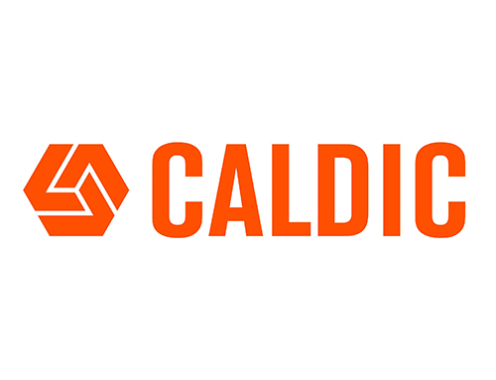

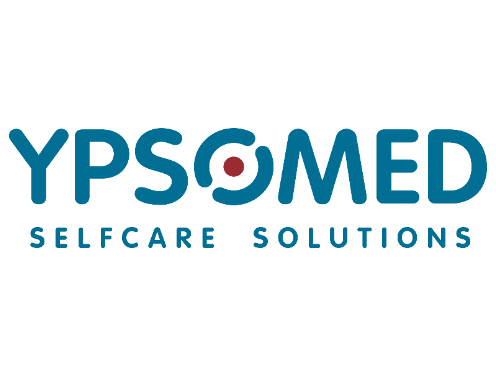

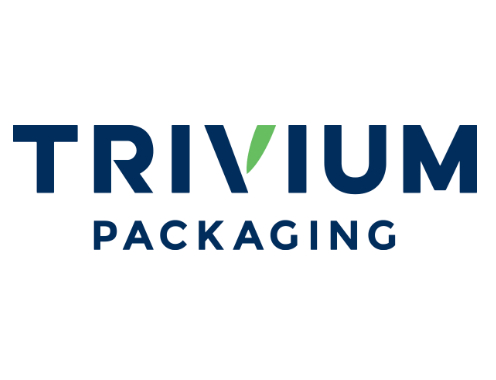
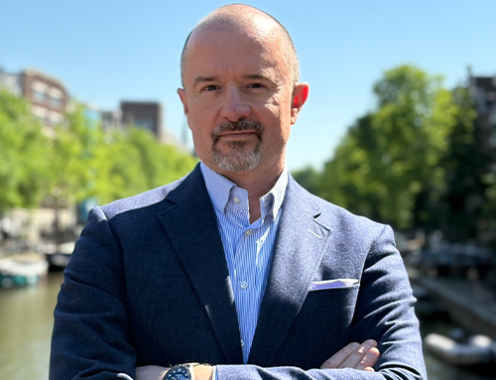

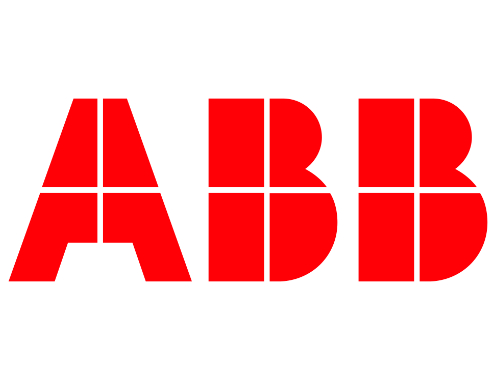
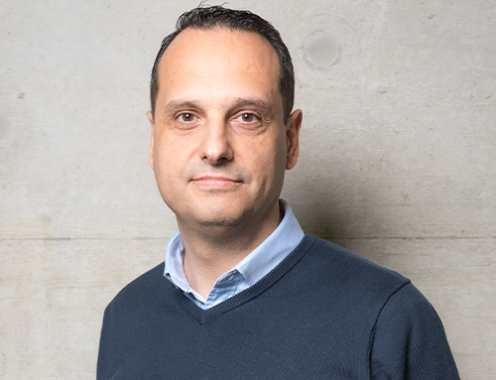
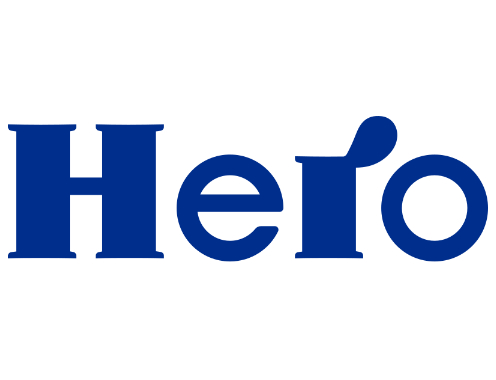
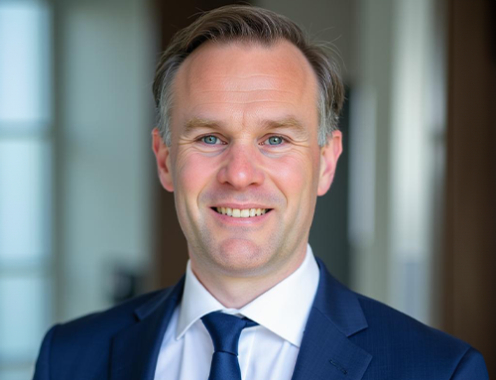
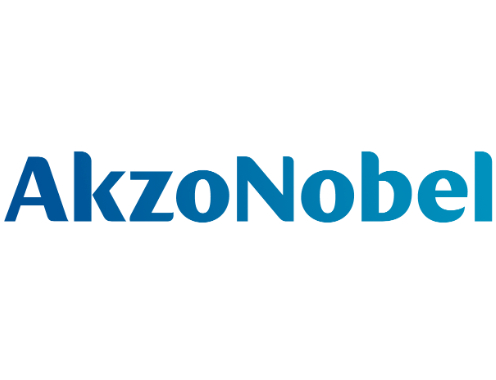
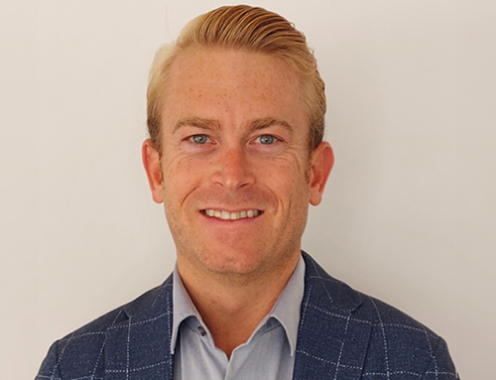
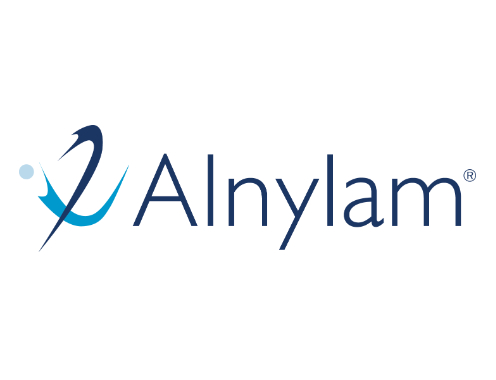


You can also use your social account to sign in. First you need to:
Accept Terms & Conditions And Privacy Policy